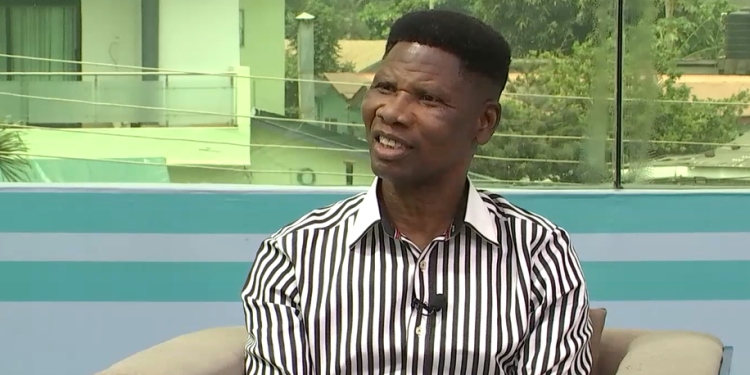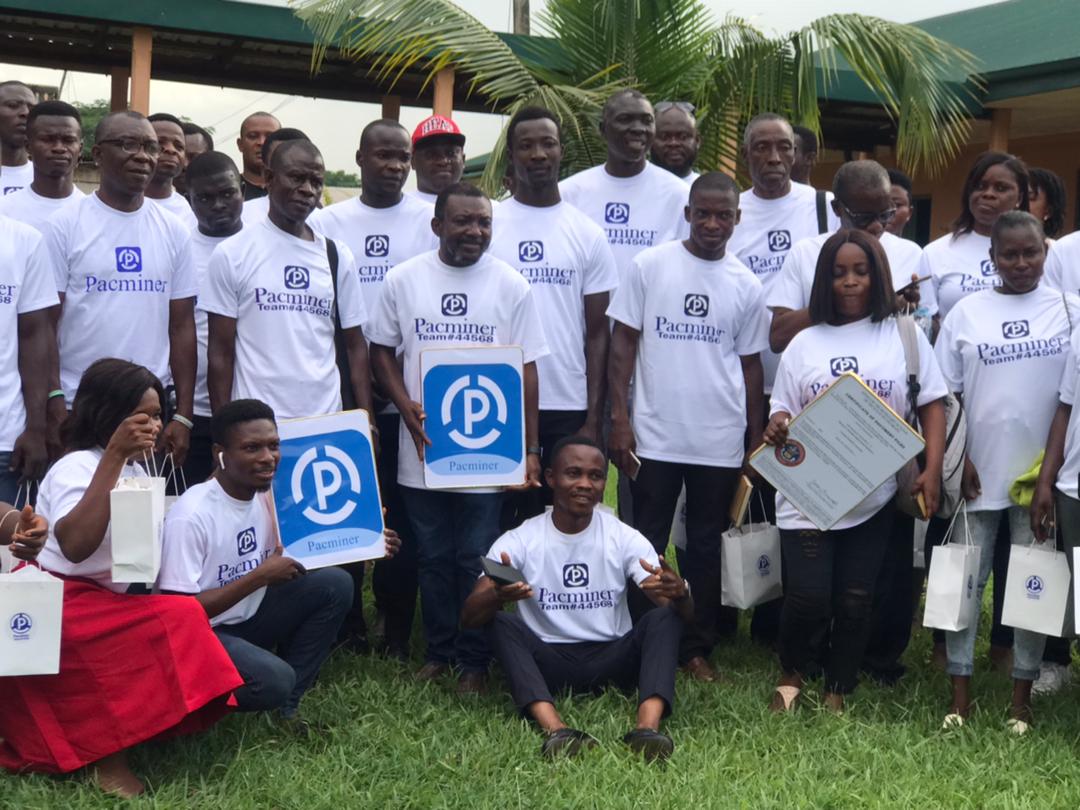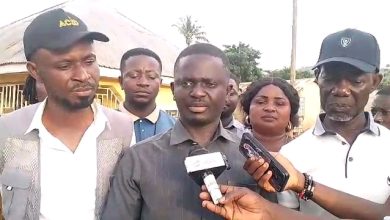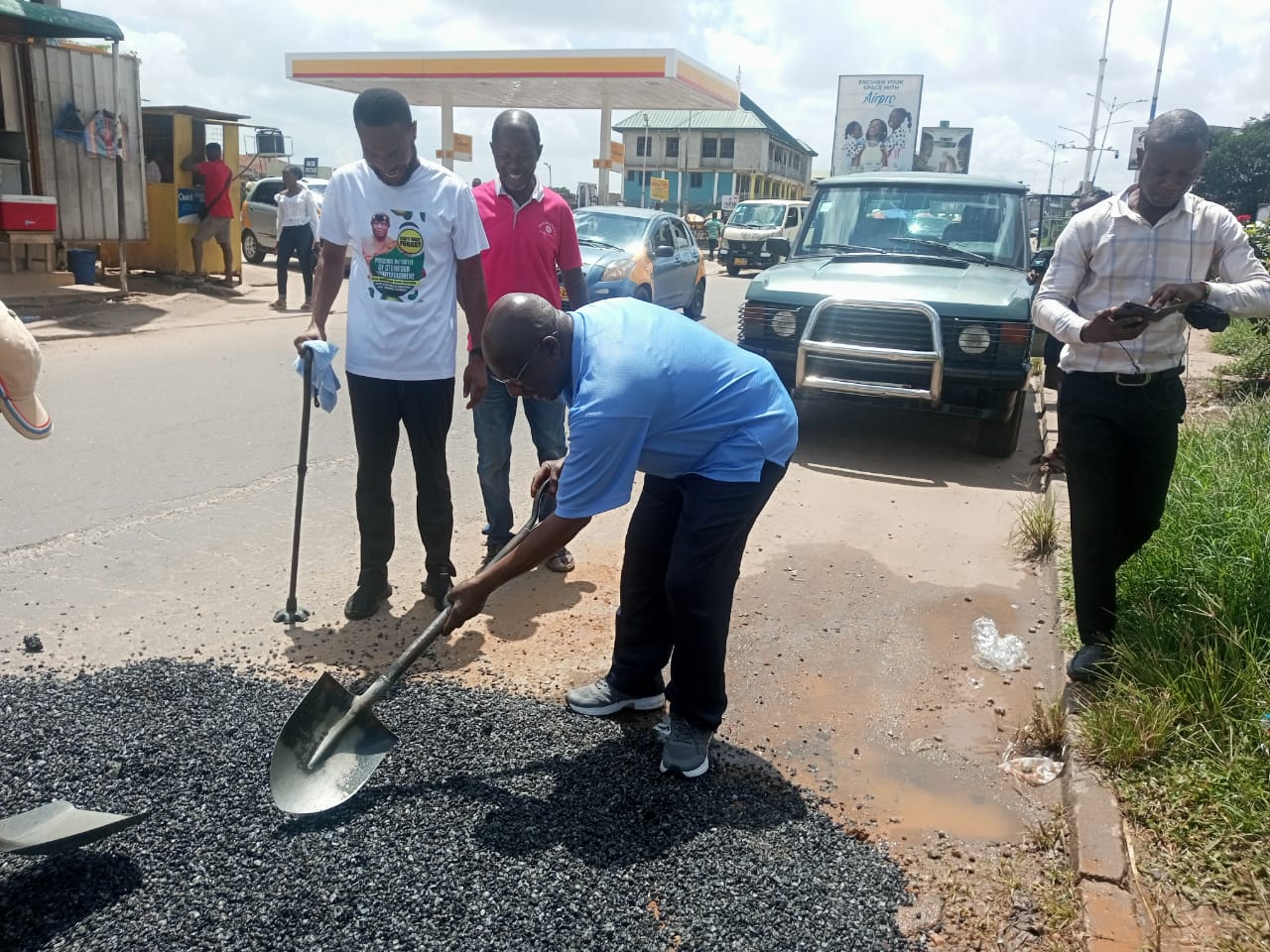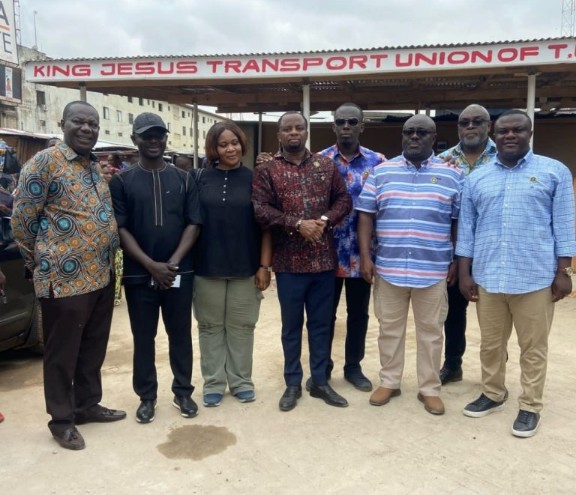Nigerians vote in tight three-way election
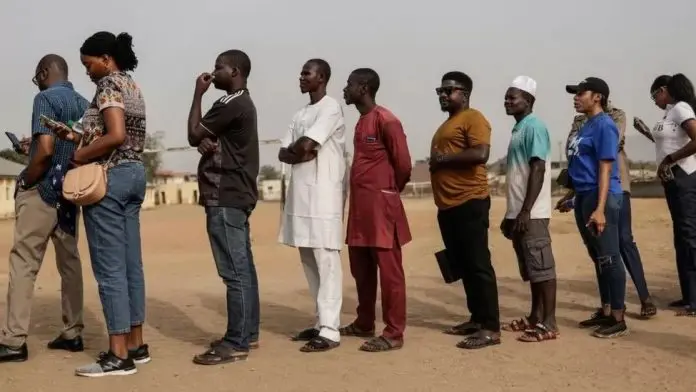
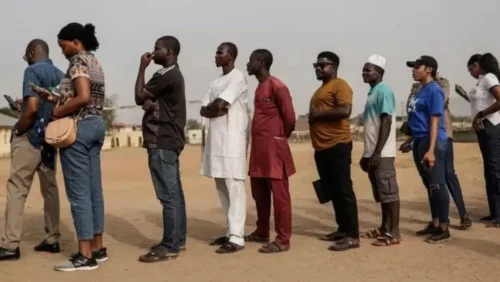
Long queues have formed at polling stations in Nigeria as millions vote in the most competitive presidential election since military rule ended.
Since 1999, Africa’s most populous country has been dominated by two parties – the ruling APC and the PDP.
But this time, there is also a strong challenge from a third-party candidate – the Labour Party’s Peter Obi, who is backed by many young people.
President Muhammadu Buhari is stepping down after two four-year terms.
His All Progressives Congress (APC) is represented by former Lagos governor Bola Tinubu, while former Vice-President Atiku Abubakar is standing for the main opposition Peoples Democratic Party (PDP).
There are a total of 18 presidential candidates. Parliamentary elections are also taking place.
Excited crowds looked on as the three main candidates voted.
Election officials and voting material arrived late at some polling stations, including where Mr Tinubu cast his ballot.
Although some voters were angry at the delays, others waited patiently to vote.
“As a Nigerian you expect any eventuality, so I came out with my power bank and a bottle of water. I will wait till they arrive so I can vote,” Edith, a first-time voter in the main city Lagos, told the BBC.
Voting machines also malfunctioned at some polling stations, with voters told to return later.
The lead-up to the polls has been overshadowed by a cash shortage caused by a botched attempt to redesign the currency, leading to widespread chaos at banks and cash machines as desperate people sought access to their money.
The new notes were introduced in order to tackle inflation, and also vote-buying. On the eve of the election a member of the House of Representatives was arrested with almost $500,000 (£419,000) in cash, and a list of people he was supposed to give it to, police say.

